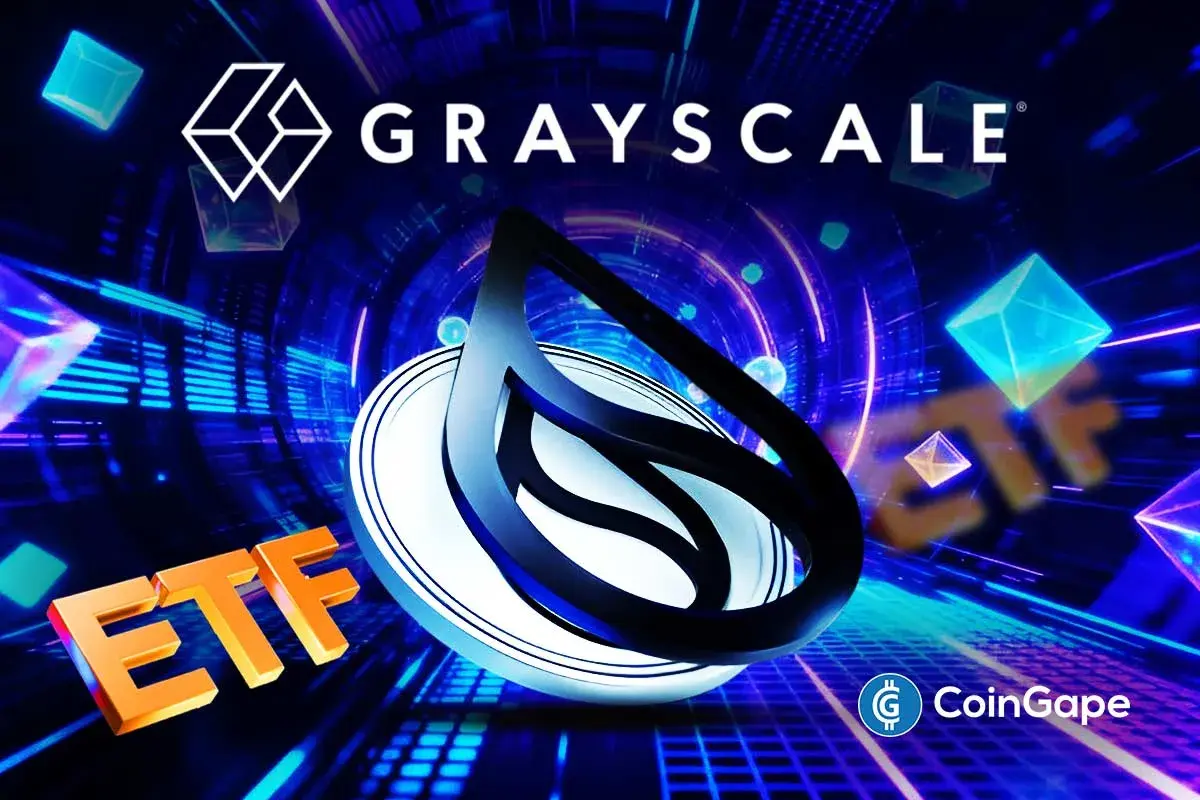Domen Zavrl Explains Quantum-Proof Cryptography and Its Role in Security

With significant advancements in quantum computing attracting the interests of global tech giants, this article looks at the ever-expanding role of quantum-proof cryptography in cybersecurity.
What Is Quantum-Proof Cryptography?
Also known as post-quantum cryptography, quantum-proof cryptography protects public-key algorithms against quantum computer attacks. Essentially, quantum-proof cryptography protects information, making it impervious to attack, through a process of encryption and decryption.
There are six main approaches to quantum-proof cryptography:
- Code-based Cryptography: This widely used quantum-proof cryptosystem is characterized by impressively high algorithmic efficiency, making it much faster than other solutions.
- Symmetric Key Quantum Resistance: This is a method used to encrypt files, drives, and messages, which become imbalanced as keys get larger, rendering them resistant to a quantum computer attack.
- Supersingular Isogeny Key Exchange: A technique featuring shorter public keys than many other post-quantum methods, it serves as a drop-in replacement for existing internet protocols.
- Hash-based Cryptography: For example, Merkle and Lamport signatures.
- Multivariate Cryptography: This method involves the observance of PKCs, where one-way trapdoor functions form a multivariate quadratic map covering a defined field.
- Lattice-based Cryptography: This method is said to offer security against attack by quantum computers. Lattice-based cryptography has made applications like attribute-based encryption, homomorphic encryption, and code obfuscation possible in order to secure complex digital systems.
Has Google Achieved ‘Quantum Supremacy’?
Google’s claims of eclipsing the capabilities of classical supercomputers have been met with both excitement and concern from industry experts. Nevertheless, these advancements could potentially pave the way for unprecedented advancements in next-generation computing, potentially revolutionizing numerous aspects of our daily lives, from finance to medicine.
In October 2019, Google announced that its Sycamore quantum processor had completed a task in 200 seconds that would ordinarily take the world’s fastest supercomputer at least 10,000 years to complete, although IBM and others dispute the magnitude of Google’s claim.
Quantum computers are a powerful tool for comparison and optimization, i.e. examining all of the options to find the best choice or route. Quantum computers have a variety of potential applications, from finding the most effective way of extracting natural resources to identifying which shipping route is most cost-effective.
The Future Role of Quantum-Proof Cryptography
Professor Alexander Ling is the principal investigator at Singapore’s Centre for Quantum Technologies. Professor Ling suggests security management teams need to take prompt action, investigating the potential of quantum-proof cryptography to protect systems against the rising threat of quantum computers. Although quantum computers can easily crack encryption in its present form, quantum-proof keys afford optimal protection.
Experts predict that quantum computers will become increasingly commonplace as we move through the next decade. Professor Ling warns that companies need to recognize the risks and take appropriate action. Quantum-proof cryptography enables users to encrypt, send, receive, and decrypt messages. If a message should be intercepted along the way, quantum-proof cryptograph alerts both the sender and the recipient of the security breach.
The world’s leading cryptographers strive to keep ahead of advancements in quantum computing. Blockchain applications such as Bitcoin could be particularly vulnerable to threats posed by quantum computers.
About Domen Zavrl
With qualifications in cryptology from Stanford University, as well as two PhDs, Domen Zavrl is well versed in the benefits of quantum-proof cryptography. Mr. Zavrl has worked with several prestigious organizations, including Enpetro, MBB Ista, and Framingham Asset Management, and is a member of the Institute of Internal Auditors.
- XRP News: Binance Integrates Ripple’s RLUSD on XRPL After Ethereum Listing
- Breaking: SUI Price Rebounds 7% as Grayscale Amends S-1 for Sui ETF
- Bitget Targets 40% of Tokenized Stock Trading by 2030, Boosts TradFi with One-Click Access
- Trump-Linked World Liberty Targets $9T Forex Market With “World Swap” Launch
- Analysts Warn BTC Price Crash to $10K as Glassnode Flags Structural Weakness
- Cardano Price Prediction Ahead of Midnight Mainnet Launch
- Pi Network Price Prediction as Mainnet Upgrade Deadline Nears on Feb 15
- XRP Price Outlook Amid XRP Community Day 2026
- Ethereum Price at Risk of a 30% Crash as Futures Open Interest Dive During the Crypto Winter
- Ethereum Price Prediction Ahead of Roadmap Upgrades and Hegota Launch
- BTC Price Prediction Ahead of US Jobs Report, CPI Data and U.S. Government Shutdown

















